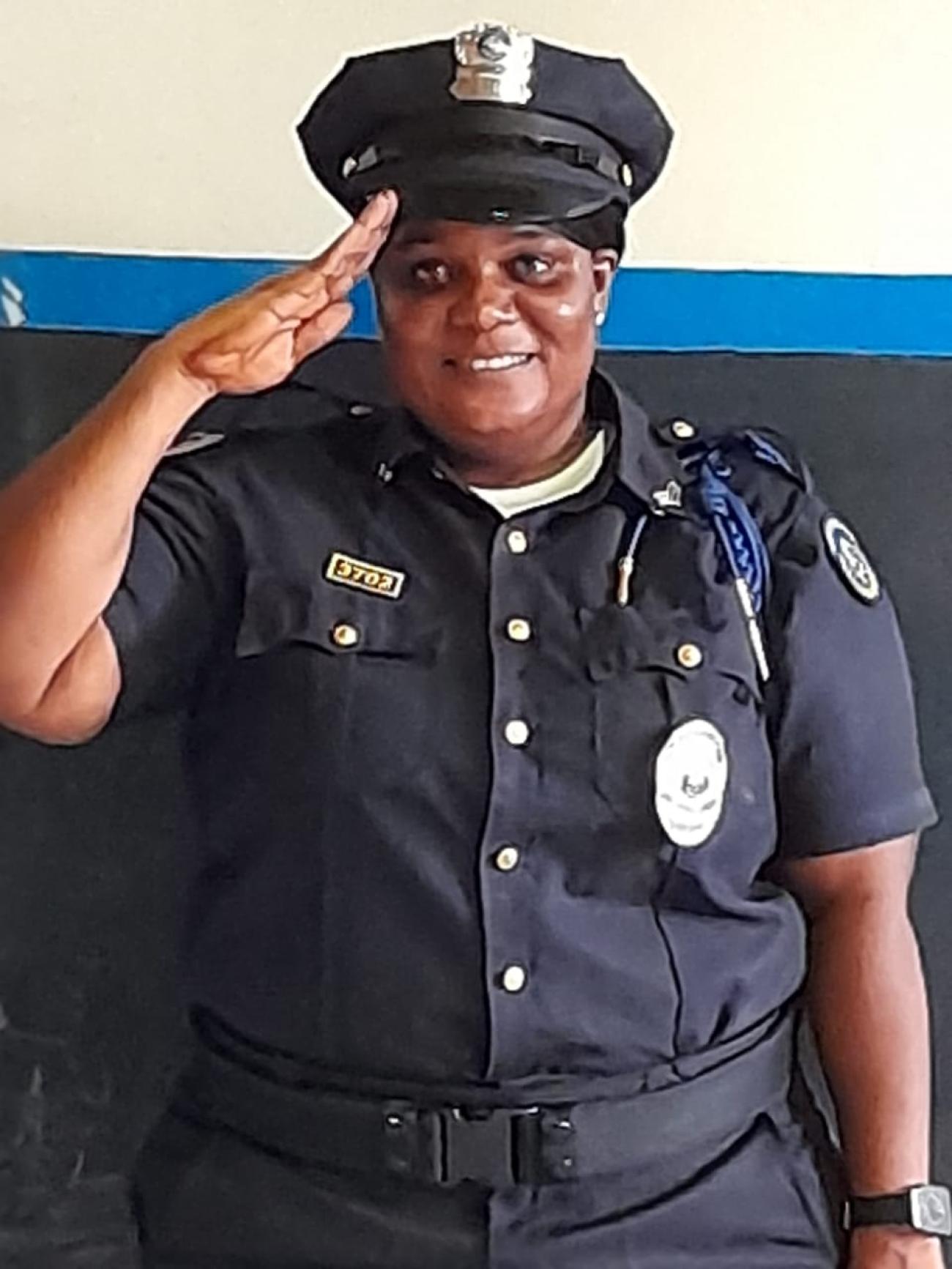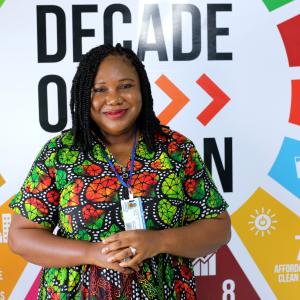In September 2019, I was informed via a human resource bulletin of the Liberia National Police that I was fortunate to have been selected among 29 other women police officers to attend a two-day training on gender equity in Montserrado County, home to the country’s capital city – Monrovia.
As a woman police officer serving at the national headquarters, I have experienced significant levels of discrimination from fellow male officers during my career. This is because when women initially joined the police, it was primarily as secretaries or performing administrative duties. When they began being recruited as police officers, as part of a campaign to recruit more women into the Liberia National Police (LNP), most of them were school dropouts. As a result of this, police women were generally looked down upon; it was rare to find a policewoman with a university degree.
This, coupled with traditional perceptions that policing is combative, and therefore better suited for men, resulted in most promotions and other strategic assignments being usually given to men. Despite the shifting dynamics around the world, our senior supervisors are, to some extent, still stereotypically treating women officers. The level of gender disparity within the police force is therefore still very high.
After I attended the gender equity training, my career progression dramatically changed in more ways than I would ever have imagined. The training, facilitated by the Emancipation Movement of Liberia, Inc. (EMOL) and with support from UNDP, was unlike any other police trainings I had ever attended before.
In my career as an officer, it was the first time I attended a gathering about policing in Liberia where women out-numbered the men; out of 50 participants, 29 were women, who actively participated in the sessions.
The training also broke hierarchical protocols. Both senior and junior officers were seated side by side to learn and acquire knowledge on how to address gender disparities within the police force. The training brought officers of all cadres together, men and women, creating opportunities for all of us to interact and discuss the various topics, freely sharing their views.
Of all the women who took part in the training, I was the most junior. Many of my seniors did not even know I had a university degree and did not know what I was capable of until I sat down and interacted with them during the training. I was able to demonstrate that I am a highly skilled in investigator, especially in cases of sexual and gender-based violence (SGBV).
Having previously experienced the impact of gender bias at work, I was grateful to be part of an activity that enabled us to blend and learn despite our ranks or gender. As I sat and learned side-by-side with my senior officers, who have significant authority, I felt empowered not only by the knowledge acquired, but also by the role I played as the training was delivered.
My supervisor was among the senior officers in attendance; he committed to refrain from all forms of gender-based discrimination, and promised to be gender sensitive when making decisions that impact those he supervises.
After the training, I suddenly got promoted from the third in command to the second in command in the Women and Children Protection Section of the Liberia National Police, with added leadership responsibility. In my new role, I am now the first point of reference on matters relating to domestic violence, before they can be escalated to the Head of Section for further direction.
The training served as an eye opener and has increased my knowledge and confidence such that today I can boldly and courageously stand up to take any task that my male counterparts are assigned.
Before the training, most of us used to be in the dark; we did not know what to do with the overwhelming cases of rape and other forms of SGBV in the country. Thanks to the training we are no longer where we used to be.
Now every officer assigned to our section must be trained on gender. We have also been raising awareness on SGBV such that we are seeing cases reducing even though the war is far from being won. Today, each SGBV case is investigated by one police woman and one policeman to enable victims open up and confide in whomever they are comfortable with.
We are also trying to protect the privacy of victims by interviewing them in privacy, even though we are limited by space. If there is no free room, we have to ask colleagues we share offices with to leave for a while in discussion with victim. We have also learnt to interrogate people involved in domestic violence separately, rather than putting the victim and the perpetrator together.
All-in-all, the police are taking gender issues very seriously, with support from most of our male counterparts, who have signed up for the He4She campaign.
The UN Communications Group will be showcasing a number of stories focused on the fight against SGBV during this year's 16 days of activism.



